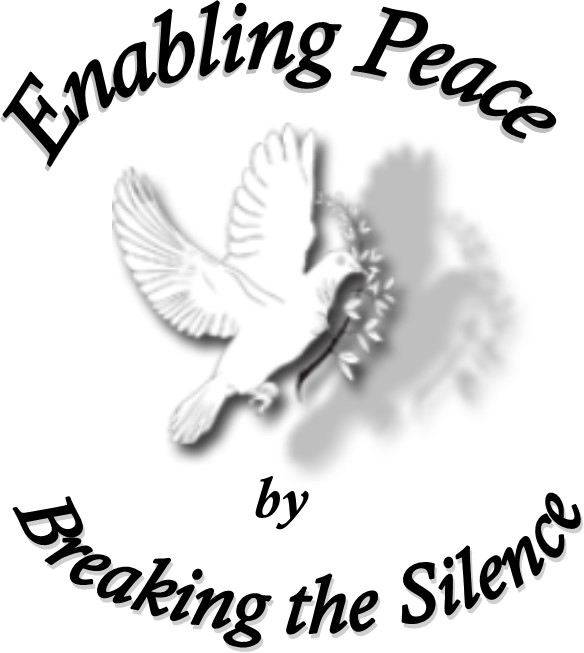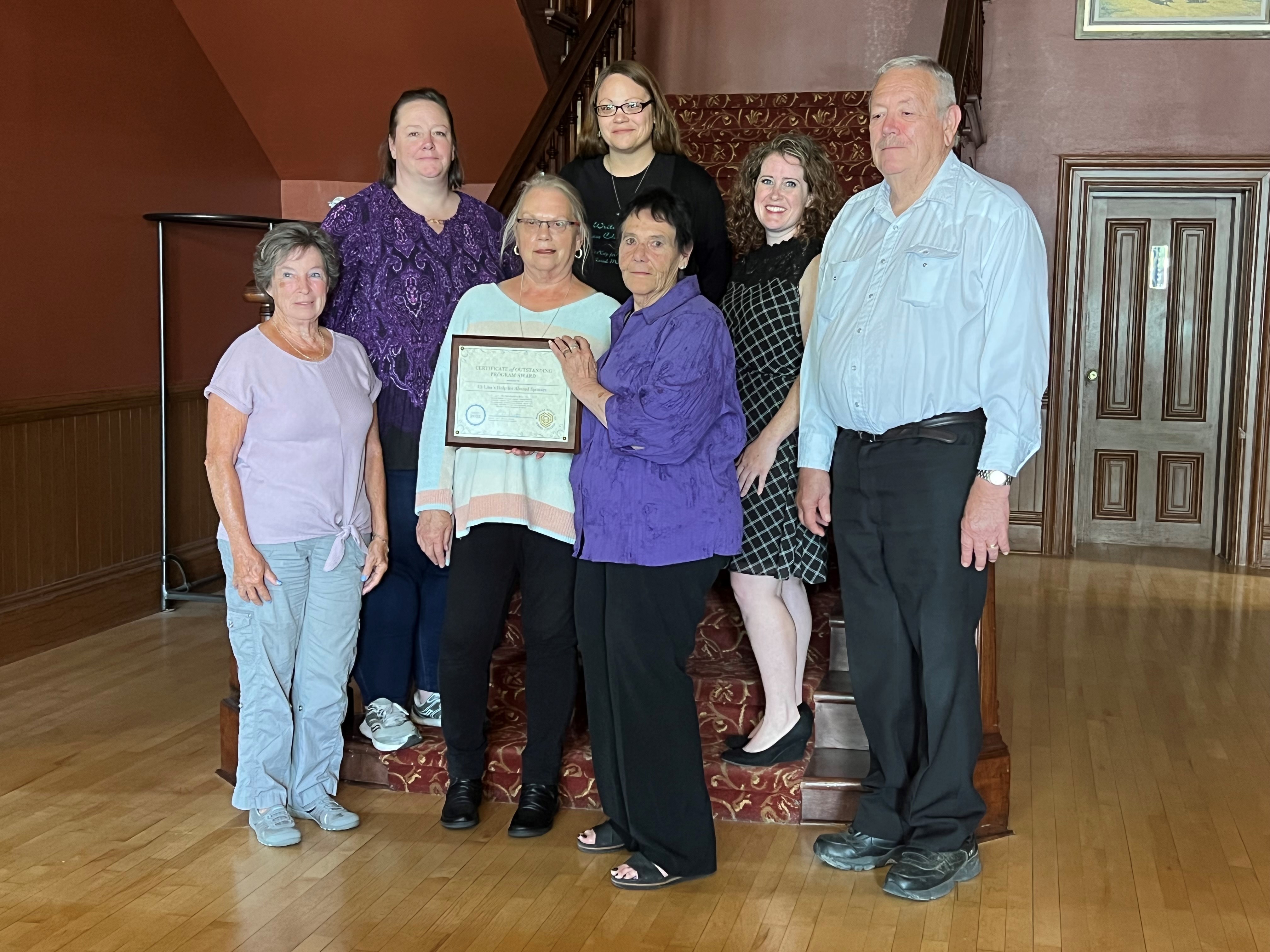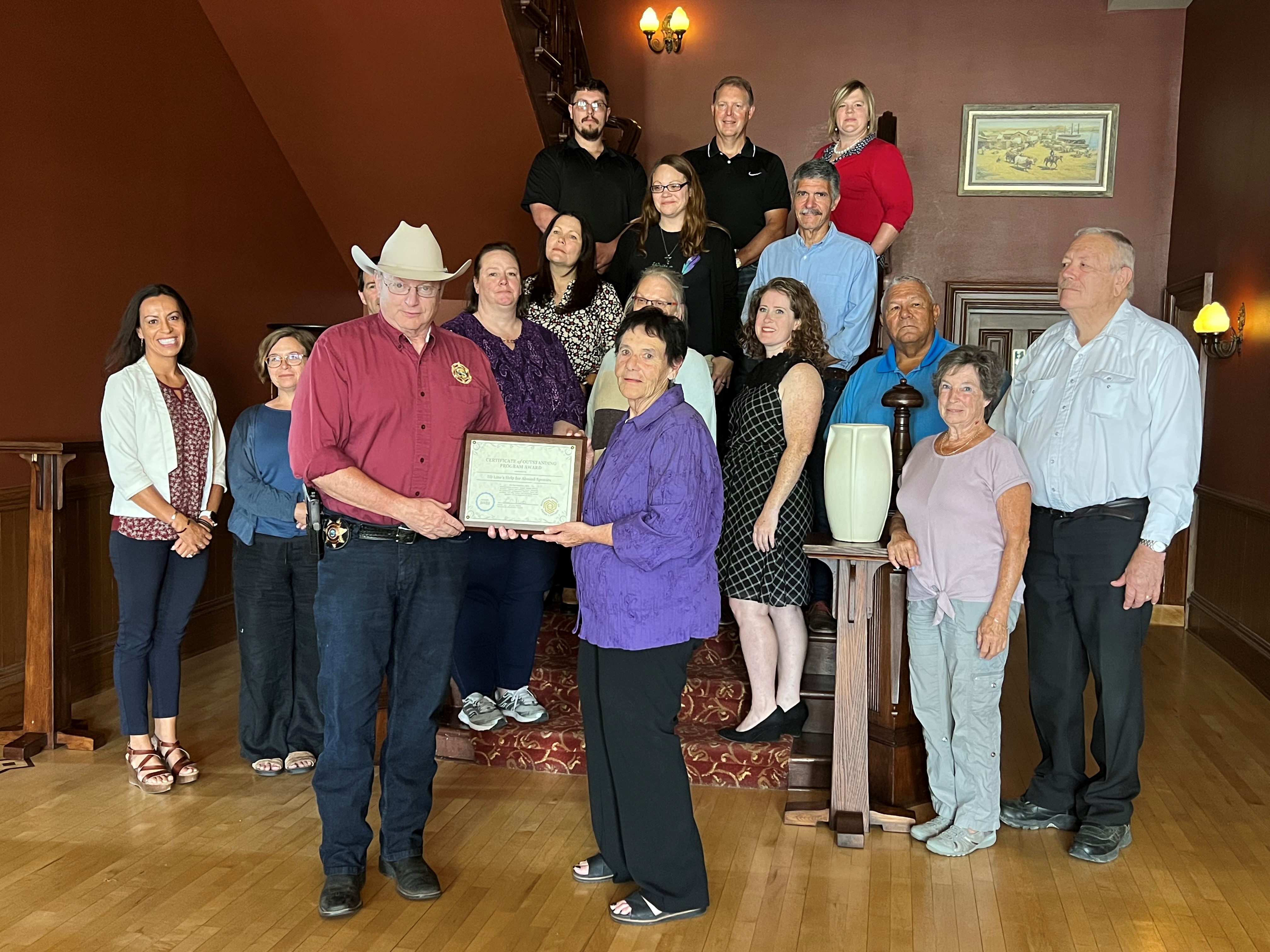2022 Fall MBCC Program Highlights Recipient - Hi-Line's Help for Abused Spouses, Inc.

The Montana Board of Crime Control is pleased to announce the Fall 2022 Program Highlights recipient:
Hi-Line's Help for Abused Spouses, Inc.

Hi-Line’s Help for Abused Spouses’ goal is to provide every victim with a resource, safe space, and emergency and continued support and advocacy so that they may live a life free of violence and fear.
Originally called Triangle Transition, Hi-Line’s Help for Abused Spouses, Inc. was founded by Loy Chvilicek. Loy saw her friends and neighbors on the Hi-Line being abused and, realizing that they had no help or anywhere to go, felt it was her ministry. This early program was instrumental in starting the shelter in Havre and was the basis for many other programs in Montana. The intent of the program was to move down the Hi-Line and pick up counties and develop services to educate volunteers and the public on the severity of domestic violence in our rural farming communities.
Hi-Line’s Help strives to reduce violent crimes by educating the communities and breaking the cycle of violence. The organization helps victims of sexual assault, dating violence, domestic violence, and stalking leave their violent situations by providing emergency transportation, safe homes, and emergency financial assistance, by helping to obtain orders of protection, and by providing emotional support and advocacy with trained staff and volunteers, which is essential to breaking the cycle and reducing violent crime. Hi-Line’s educates the community, professionals, schools, health care providers, and other human and community service providers on the dynamics of abuse with their multi-media approach using radio, Facebook, brochures, posters, and videos. Creating a broader circle of awareness about the signs of abuse and safety plans is essential to promoting victim safety, and the services provided by the trained advocates at Hi-Line’s Help has been critical to promoting current and future victims’ safety.

Hi-Line’s Help has had a contract with a Licensed Clinical Professional Counselor, Licensed Addiction Counselor, for the last 4 years to provide substance abuse, trauma, and mental health counseling to adult and youth victims of domestic violence, sexual assault, dating violence and stalking. She travels to the Hi-Line’s Help office bi-monthly to provide counseling and support to victims that are referred to her by the program advocate. She has been instrumental in providing services that victims would be otherwise unable to receive due to cost and travel restrictions.
Hi-Line’s Help incorporates several ways to increase efforts and awareness to combat the stalking epidemic. Staff continuously furthers their critical knowledge on stalking through trainings, webinars, and extensive research. Staff and project partners have developed multi-media campaigns consisting of newspaper articles, public service announcements, social media, and videos to educate the public. Educational presentations are offered to service area schools, community members, and other service providers.
Furthermore, Hi-Line’s Help provides an online training course and follow-up in-service training for staff and volunteers on the dynamics of sexual assault, domestic violence, dating violence and stalking. Staff and volunteers receive extensive training on orders of protection, safety planning, and how to communicate with victims in crisis via telephone and face-to-face contact. They review and discussion statutes and are required to attend in-service trainings that provide updated information. All participants must complete the course before they can work with children, youth, and adult victims. The Executive Director, project partners, and Hi-Line’s Help staff continue to research time-proven practice materials and seek out trainers with expertise to identify, assess, and appropriately respond to child, youth, and adult victims of domestic violence, sexual assault, dating violence and stalking.

The program is highly replicable in other jurisdictions and Hi-Line’s Help believes that there is a need to replicate outreach programs with victim services in areas where shelters are the only service offered to victims. Often, an area that only offers shelter leaves victims to find their own way through court paperwork, support, and outreach services and that leaves them lost.
As the oldest program in Montana, and through their longevity, Hi-Line's Help for Abused Spouses’ most significant achievement is the growth of the program since it was established. Hi-Line’s Help has grown from the desire of one woman to help her neighbors to being run out of an office in a barn to a five-office program employing six advocates and covering six counties. Hi-Line's Help has helped thousands of victims of violence since 1976.
For more information about Hi-Line's Help for Abused Spouses, please visit https://www.hlhas.com/.
